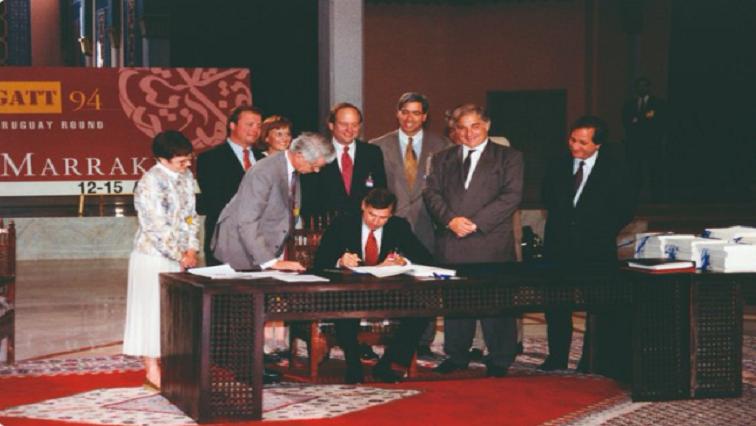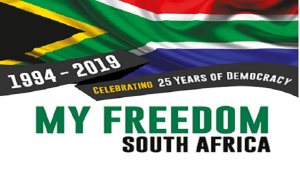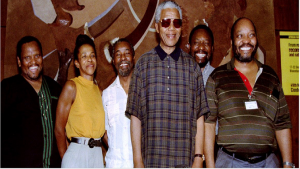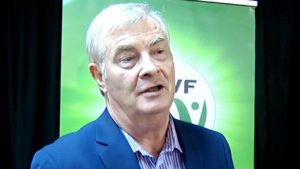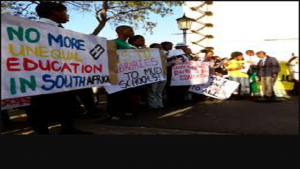This week we reflect on democratic South Africa’s bold step to become a founding member of the World Trade Organisation (WTO), thus opening up the young democracy’s economy to international prices and competition.
Pretoria ratified the Marrakesh Agreement on the 2nd of December 1994 months after other member-states had sealed the deal in Morocco.
The Agreement created a new global framework for liberalising trade, protecting intellectual property rights and easing trade tensions through a new dispute resolution mechanism.
It was hailed as one of the largest treaties ever signed and marked the end of the Uruguay Round of talks, leading to the establishment of the World Trade Organisation (WTO) in January 1995.
The milestone is said to have been the biggest reform of international trade since after the Second World War.
The WTO replaced General Agreement on Tariffs and Trade (GATT) signed in 1947, which apartheid South Africa had been part of.
The WTO agreements provide the legal ground-rules for international commerce.
The Mandela administration saw the decision to join the global international organisation as a necessary part of integrating post-apartheid South Africa into the global economy.
Read amended Marrakesh agreement:
Purpose of WTO
The organisation has 164 members that represent 98% of world trade.
It is the only international body that deals with the rules of trade among member states.
It strives to ensure that trade flows smoothly between them and acts as a platform for negotiating agreements.
The WTO also settles disputes between its member-states and supports the maintaining of trade barriers to protect consumers or prevent the spread of disease, whenever necessary.
All WTO agreements are negotiated and signed by governments.
Watch related video:
South Africa’s Trade and Industry Department prepares and implements the country’s negotiation strategy in the World Trade Organisation.
The South African Revenue Service (Sars) and the National Economic Development and Labour Council are among organisations involved in the WTO.
Watch related video:
The WTO is currently hosting the Doha Development Agenda, which was launched in 2001. The talks seek major reform of the international trading system.
Negotiating parties want lower trade barriers introduced and trade rules revised.
While critics have denounced the WTO as a global institution driving neo-liberal economic globalisation, some scholars believe South Africa’s participation in it doesn’t only carry significant implications for the country, but also the rest of the continent.
They also view it as a powerful platform for both the projection of the country’s foreign policy and its international status.


